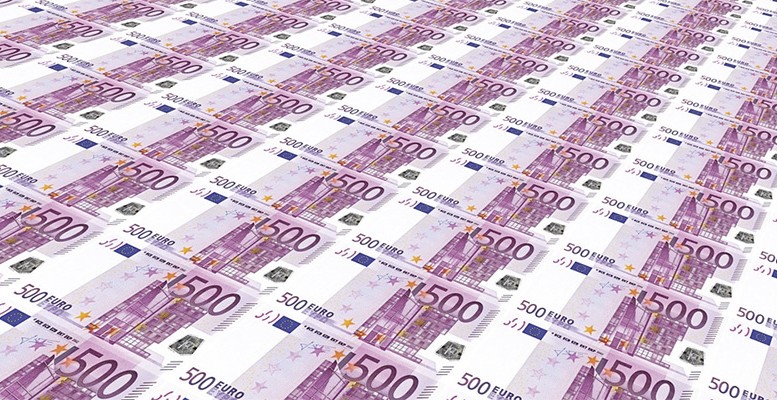While the US authorities seek to impose tariffs on some Spanish products with the argument that they “are playing with advantage” because they are subsidized by the government, the ratings agency Axesor reports that aids and subsidies from public administrations to Spanish companies have fallen by 42% to 1.201 billion euros.
The report highlights the fall in state aids to companies were reduced by 84% to 144 million euros. Thus the central administration represents only 12% of the aids to companies, the rest (1.057 billion euros) are coming from the autonomous regions.
Of the total amount granted to companies, 1.049 billion euros went to support SMEs. Nevertheless this was 40% less than the aids received by SMEs in 2016.
By sectors, companies in the service sector received most aid, with 718 million euros, 60% of the total. This figure is 32% less than in 2016 and less than half the average for the period 2008 – 2016.
Industry (both manufacturing and extraction) received 27% of the aids, with 327.6 million euros, 54% less than the previous year. In detail, manufacturing industry leads the financing, with 324,7 million euros, a 54% fall over 2016. In the last 10 years, manufacturing industry is the activity which has received most aids, making clear it’s strategic importance. With manufacturing, the food industry, the main starting point for agricultural and meat products, received most aids with 60.8 million euros, a fall of 64.6% compared to 2016.
In any case, the fall was generalized. In fact, it is the first time in 10 years that no subsector of manufacturing industry received more than 100 million euros in public aids and subventions.
According to the annual report, the presence of the state increased during the first years of the economic crisis, but from 2012 there was a change and thereafter regional financing played a more important role than public aids and subventions.





